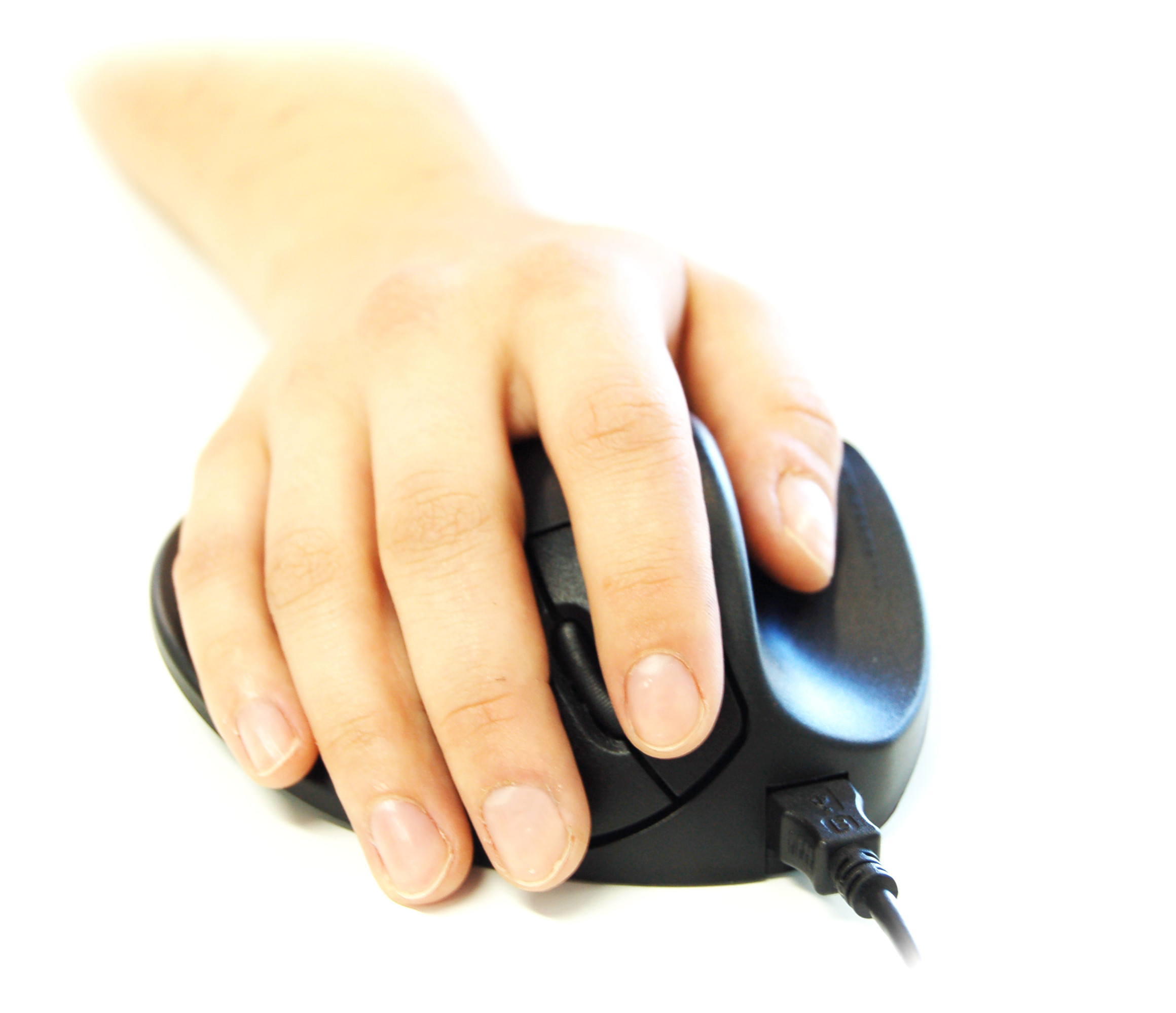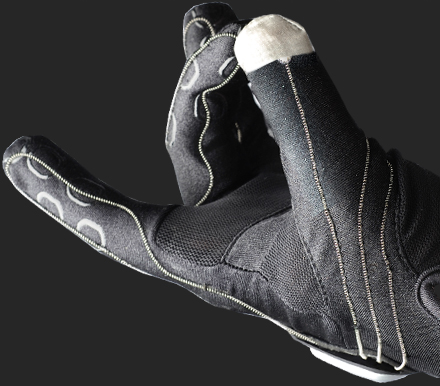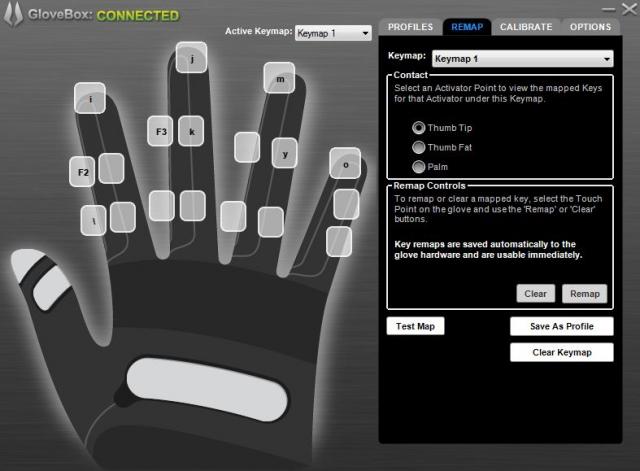I'm really sorry for what happened to you and I hope you recover in the short time.
I know that you're worried about your performance. Of course, typing slower will make you slower to try/test/debug/find resources, etc. Your performance may decrease in this area, but it doesn't mean that you won't be as good or valuable as before. You will need some months to adapt to your new condition, but after this period, you will find yourself more capable and useful through other means.
You may want to study more, learn new things, practice your speaking and teaching skills, and your ability to lead and tutor. You may try as well to improve your ability to design systems and discuss architecture choices and work in a consulting position.
Also, as a manager, I would NEVER fire or ask an employee in your situation to resign, at least in several months. We are humans, we have feelings and firing you will be really bad for the moral of the team. You need at least one important thing: motivation to continue working and helping the team and the company. In some cases, people that suffer great losses as yours, may become depressed and unmotivated. This depression may spoil the working environment and that would be the worst for your career. So, get help from your family and friends to recover mentally before going back to work.
I don't know the laws in the US, but in my country, we have a law where every big company is obligated to hire at least 5% of the workforce from people with disabilities. In my friend's company, they have hired a blind programmer to work as a DBA and with infrastructure. The guy was solid good and had an impressive memory. He lost his vision in an accident and had adapted really well.




I barely type a short sentence in under 5 minutes.there is a high probability that you will be able to improve this speed once you get used to typing in your current situation.united-statestag, as in majority of first world countries you always get insurance and therefore always get disability pension if you get disabled. That changes a lot.